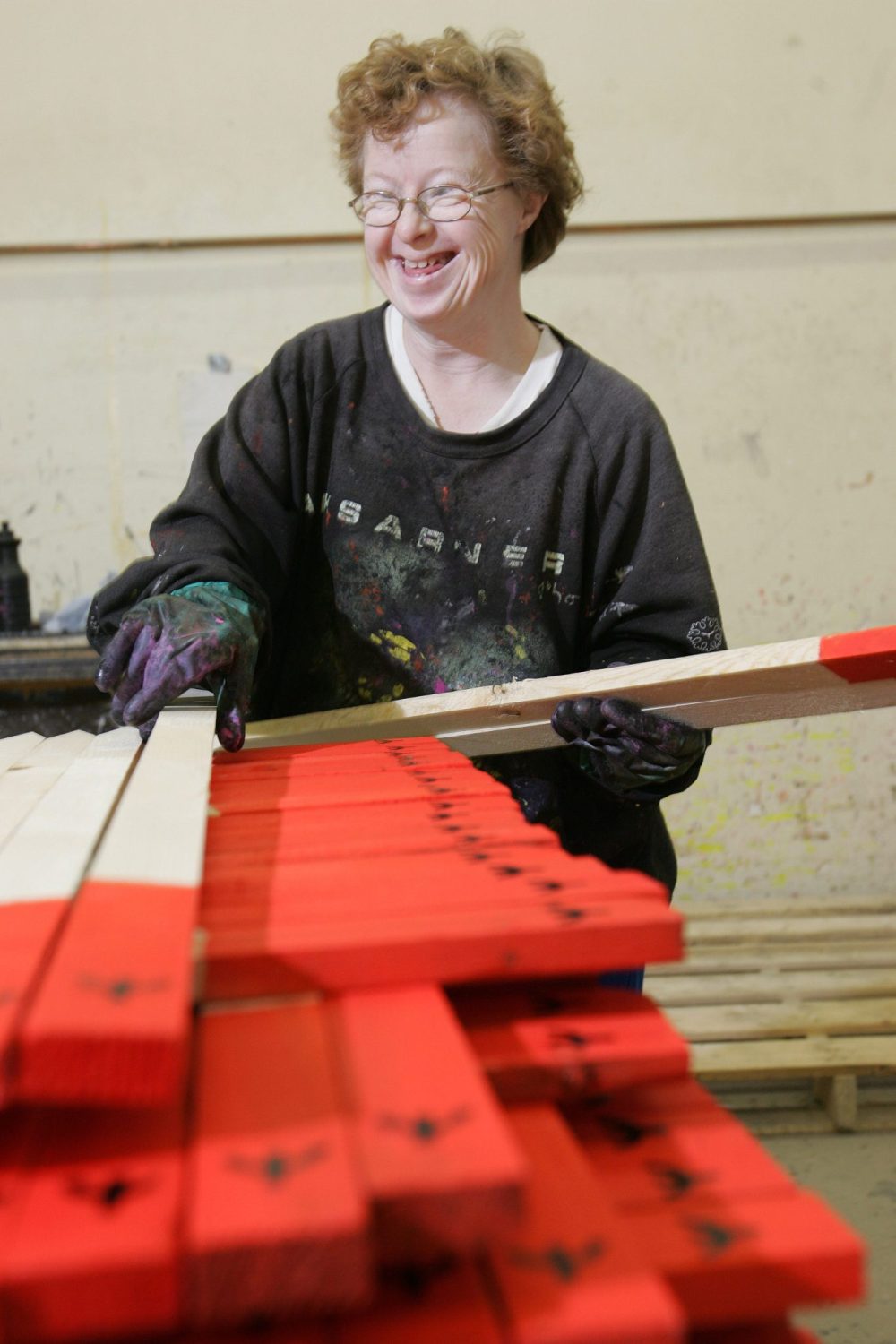Progression and pain as Kindale Industries close
Advertisement
Kindale Industries will close its doors on July 18 due to a steady decline, layoffs, and a need towards more community involved jobs.
Kindale Industries is a workplace for people with intellectual disabilities, and is a branch of enVision.
“The demand for services has steadily been decreasing at Kindale. It no longer makes sense for us to keep this large building operational with only a handful of people attending,” said Jeannette DeLong, executive director of enVision.

Kindale began in 1956 as a school for children with intellectual disabilities who weren’t allowed in public education. When public schools opened doors to those with disabilities, many of the people from Kindale were already adults, so the school evolved to Kindale Industries.
DeLong said their services are one of their oldest models and that it was a “segregated workplace” and “sheltered work environment,” which people no longer want.
Workers at the facility were kept active with woodworking, packaging, and sewing tasks.
DeLong said the people they were serving wanted job placements that are out in the community and have networks.
“When somebody we serve leaves, their funding leaves too. Then we don’t have funding to pay for all staffing positions. So we’ve had to lay some staff off,” said DeLong.
DeLong, executive director for 11 years, said it’s been a steady decline for the past 15 years at Kindale.
Some staff have applied to Eastman Employment Services or enVision Possibilities.
“The closing of services of Kindale is a celebration of how far our community has come in terms of opening doors to people to be included in community,” she said. “I’m excited about the prospect of the future.”
But the experience hasn’t been positive for everyone.
Lynn Martens received her layoff letter and was walked out the door the same day at Kindale Industries on June 5.
Martens asked to use her middle name due to the fear of backlash.
“I was angry, and sad. I wasn’t even allowed to say goodbye to the people I supported,” said Martens. “I got escorted straight to the door by the coordinator.”
She was a direct support professional, someone who supports those with disabilities, for almost four years.
“That honestly was my dream job. But it got taken away,” said Martens. “The people we supported were the only reason I got up to go to work everyday.”
She has raised three kids with intellectual disabilities.
Martens said management did not treat her well in the past year and believes it’s because she’s a unionized worker.
Martens is currently on employment insurance (EI) and still looking for employment.
“What they’re doing to us and the people supported in my opinion is not right. The way they’ve treated all of us is gut-wrenching,” she said.
The Adult and Teen Challenge’s thrift store and office spaces are relocating to the building.
